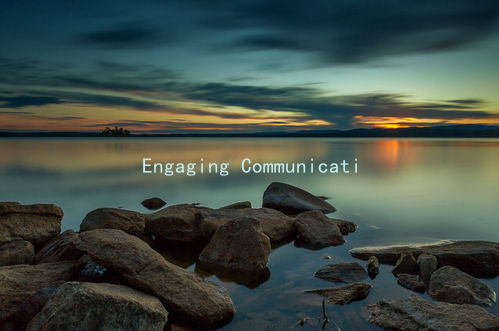Legal Boundaries in Love: Crafting Relationships Under Future Sexuality Laws
Legal Boundaries in Love: Crafting Relationships Under Future Sexuality Laws
In a rapidly evolving world, where societal norms and legal frameworks are in constant flux, the landscape of love and relationships is also transforming. As discussions surrounding sexuality laws become more prominent, it is crucial to explore how these changes may influence romantic relationships. Understanding the potential legal boundaries in love can equip individuals with the knowledge to navigate their romantic lives more ethically and wisely.
Understanding Emerging Sexuality Laws
The first step in crafting a successful relationship under future sexuality laws is to stay informed about the prevailing legislation that governs sexual and romantic relationships. These laws can encompass various aspects, including the age of consent, same-sex marriage, polyamory, and even the rights of individuals involved in non-traditional relationships. By understanding these laws, individuals can better tailor their relationship dynamics to ensure that they remain compliant and respectful of the legal frameworks in place.
Communication is Key
As laws governing love and relationships evolve, open communication becomes more critical than ever. Partners should discuss their views on these laws and how they impact their relationship. Engaging in candid conversations about boundaries, consent, and expectations can help establish a foundation of trust and understanding. It is essential to create an environment where both partners feel safe expressing their feelings and concerns regarding the legal aspects of their relationship.
Consent as a Cornerstone
At the heart of any romantic relationship lies the principle of consent. With changing laws, the definition and interpretation of consent may also adapt. Individuals must understand that consent is not just a one-time agreement but an ongoing dialogue that involves respect, openness, and acknowledgment of each partners autonomy. Regularly checking in with one another can help ensure that both individuals feel comfortable and validated within their relationship.
Navigating Diversity in Relationships

Future sexuality laws may also embrace a broader understanding of relationship structures, including polyamorous relationships, open marriages, and other non-traditional configurations. For those interested in exploring these avenues, it is essential to educate themselves about the legal implications involved. Understanding local laws regarding partnership recognition and custody rights, for example, can help individuals navigate the complexities of non-monogamous relationships more effectively.
Creating a Safe Environment
As legal challenges surrounding relationships become more intricate, creating a safe environment is paramount. This involves establishing personal boundaries and practices that prioritize emotional and physical safety for all parties involved. Utilizing conflict resolution techniques can also contribute to maintaining a harmonious dynamic, particularly when disagreements about relationship structures or choices arise.
The Role of Community and Support Networks
Building a supportive community can greatly enhance one’s ability to navigate the legal boundaries of love. By connecting with others who share similar experiences or relationship styles, individuals can gain insights and advice on how to handle potential legal issues. Support groups and online forums can serve as valuable resources for individuals facing unique challenges related to their romantic lives.
Adapting with Empathy
In a world where laws surrounding sexuality and relationships continue to shift, adaptability is essential. Being open-minded and empathetic towards your partner’s evolving views and experiences can foster a stronger bond. Couples should actively work to understand not only the legal implications of their actions but also the emotional and social factors that influence their relationship.
Conclusion
As we look to the future, it is clear that love exists within a complex web of legal, social, and emotional dimensions. By staying informed and adhering to emerging legislative frameworks, couples can navigate their relationships with respect and integrity. Through effective communication, a commitment to consent, and an openness to diverse relationship structures, individuals can successfully cultivate loving and fulfilling partnerships that honor both personal and legal boundaries. Embracing these practices will ultimately lead to healthier relationships in a landscape where love continues to evolve.





